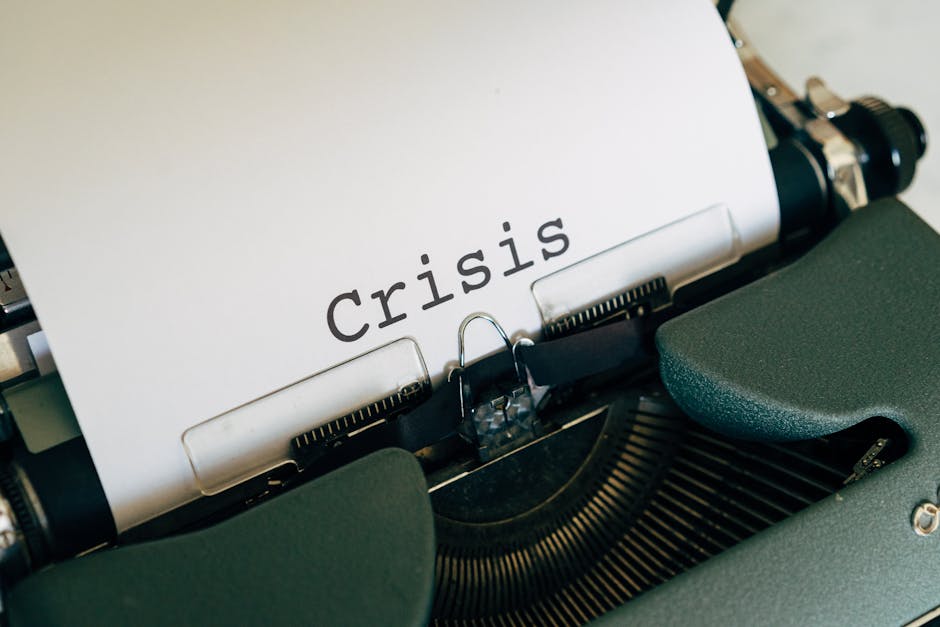
Contents
You can’t prepare for a crisis while it’s happening.
Companies in many industries face problems that can hurt their reputation. Besides, when things go wrong, people want to hear from those in charge about the problem and how they’ll fix it.
Most companies know how to handle a crisis in their operations. Say, for example, there is an oil spill. The said company will go out and contain it.
However, the thing is, they might not have a plan for how to communicate what they are doing. Simply put, how a company shares its recovery plan can make or break its brand. And, doing so is called Crisis Communications Planning.
Important people to think about are customers, business partners, the media, employees, and investors in your plan.
Moreso, social media is now a big part of crisis communications. Everyone can share their thoughts, even if they don’t work for or own part of the company. I’ll cover this social media aspect a little more below.
So, convinced yet, that your organization needs a crisis communications plan.
If not, here are some reasons why every company should one ready.
A crisis can hurt company value.
Think of a crisis plan as a way to protect your brand, not as a cost. The faster a company can control a crisis, the faster its stock price and sales can recover.
For example, when Volkswagen lied about car emissions, their stock price fell by almost half. When big stores had data breaches, they sold much less than the year before.
Fixing a crisis can cost a lot. One major airline had to spend about $1 billion to make up for a big mistake and fix its reputation.
Social media keeps the crisis going.
Social media makes it hard for companies to control a crisis. A study found that:
- 28% of crises spread around the world in an hour
- 69% of crises spread around the world in a day
- It takes companies 21 hours on average to share a good response
Crises hurt brand value too.
What people think often matters more than the truth during a crisis.
It seems to me that many people trust social media posts more than what companies say. Most crisis experts say that not being ready to handle problems online can lead to a trail by social media.
Warren Buffet said,
“It takes 20 years to build a reputation and five minutes to ruin it. If you think about that, you’ll do things differently.”
You can’t prepare for a crisis while it’s happening.
It makes sense to have a plan ready, but many companies try to make one during a crisis.
There’s too much to do (writing messages, training speakers, telling regulators, recalling products, investigating, talking to the press, updating stakeholders, watching the media, managing social media, and more) to figure it out as you go.
For example, it’s easier to set up a hotline with your suppliers now than to do it later.
Having a full toolkit and testing your plan before a crisis is the best way to succeed.
Johnson & Johnson had a crisis plan ready when someone tampered with Tylenol in 1982. Their clear response made customers trust them more.
How a company communicates its handling of a crisis matters more than the crisis itself.
If you want to see how crucial crisis handling is, just mention the Exxon Valdez oil spill and watch how people react.
That spill turned from an environmental problem into a leadership problem, with the wrong person speaking with poor messaging.
Exxon is still trying to recover from the $4+ billion in fines, legal costs, and cleanup, and damage to their brand will last a lifetime.
So, the big question is; if a crisis hits, are you ready?
Interested in preparing your communications for a crisis?
I invite you to a free discovery call today.
If you enjoyed reading, or found it helpful, please share:
